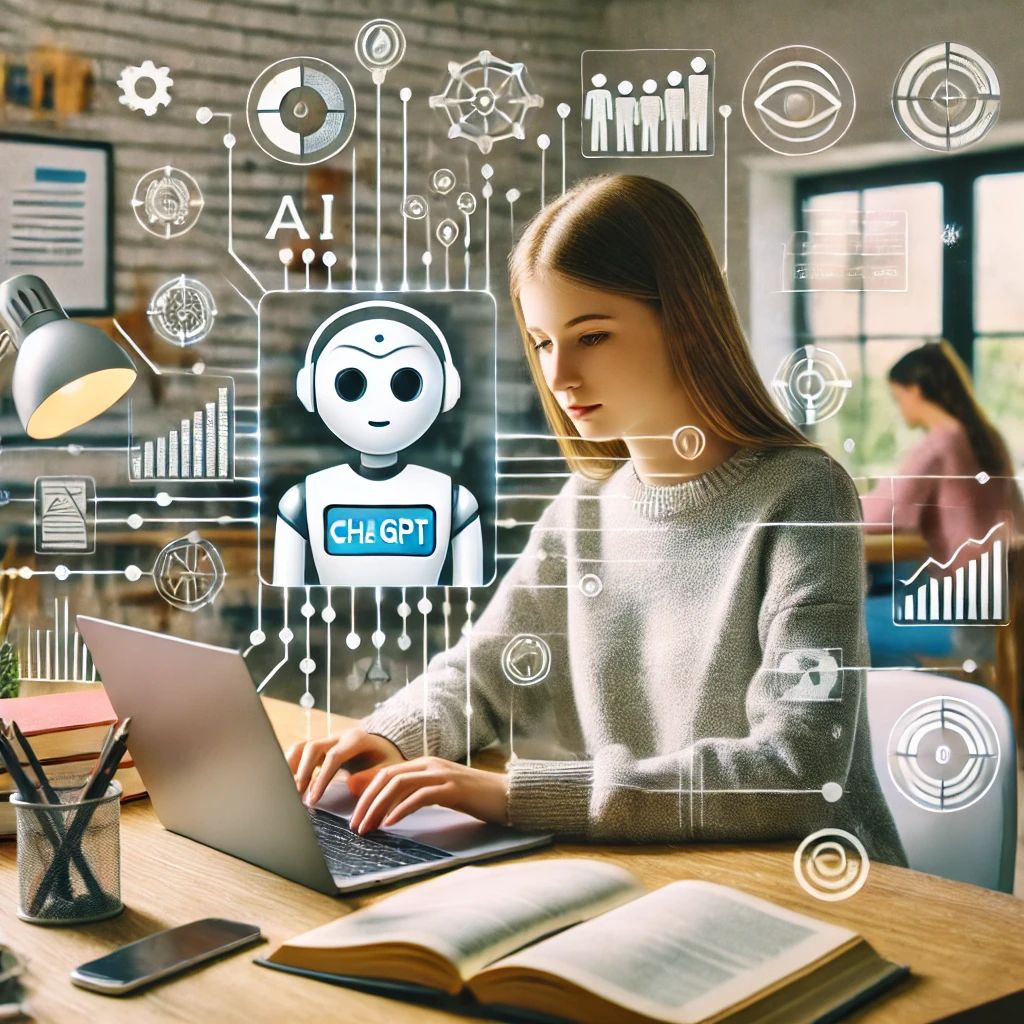How ChatGPT Can Revolutionize Student Exam Preparation
In today’s fast-paced educational landscape, students are constantly looking for effective ways to prepare for exams. Traditional methods, while effective, may not be personalized enough to address individual learning needs. Enter ChatGPT, an advanced AI tool that can revolutionize the way students prepare for exams by personalizing the learning experience, challenging and reinforcing knowledge, and adapting to different learning styles.
1. Personalizing the Learning Experience
One of the most significant advantages of ChatGPT is its ability to personalize the learning process for each student. Every learner has unique strengths, weaknesses, and pacing preferences, and this is where ChatGPT shines. It can:
- Customize study plans: Based on a student’s progress, ChatGPT can create a tailored study plan, highlighting areas that need more attention while speeding through topics the student already masters.
- Provide instant feedback: ChatGPT can simulate quizzes, mock tests, and assignments, providing instant feedback to students, which allows them to correct mistakes in real-time and understand concepts better.
- Offer resources at the right level: Whether a student is in the early stages of learning a topic or needs advanced material, ChatGPT can adjust the complexity of content, ensuring that learning is neither too easy nor overwhelming.
2. Using ChatGPT to Challenge and Reinforce Learning
Beyond personalizing content, ChatGPT plays an active role in challenging students and reinforcing learning. Preparing for exams requires a balance of understanding new material and revisiting what has been learned to ensure retention.
- Simulated exam questions: ChatGPT can generate exam-like questions to challenge students, covering different levels of difficulty. It helps them practice problem-solving under pressure, enhancing their ability to recall information during real exams.
- Active recall technique: ChatGPT promotes active recall by asking questions that force students to retrieve information from memory rather than passively re-reading notes, a strategy proven to improve long-term retention.
- Explaining difficult concepts: When students struggle with complex topics, ChatGPT can break down explanations into simpler terms or provide alternative explanations, reinforcing the learning process until mastery is achieved.
3. Adapting to Different Learning Styles
Students learn in different ways—some prefer visual aids, while others rely on auditory or kinesthetic methods. ChatGPT's adaptability to different learning styles ensures that students can engage with material in a manner that suits them best.
- Visual learners: ChatGPT can generate infographics, charts, or diagrams to help visualize key concepts, aiding in comprehension and memory retention for visual learners.
- Auditory learners: By offering explanations in a conversational tone, ChatGPT simulates the effect of a tutor verbally guiding students through topics. Combined with text-to-speech tools, auditory learners can hear the content they need to study.
- Kinesthetic learners: For students who learn by doing, ChatGPT can present interactive scenarios or simulations, enabling them to engage with material through hands-on approaches like step-by-step problem solving.
Conclusion
ChatGPT is poised to revolutionize how students prepare for exams by providing personalized learning experiences, challenging and reinforcing knowledge, and catering to various learning styles. With its adaptability and interactive features, it transforms exam preparation into a more engaging, effective, and personalized journey, empowering students to reach their full academic potential.

